Sustainability: 10 propositions for Taiwan’s future

Source:CommonWealth Magazine
“Sustainability” and “well-being” are the new post COVID-19 buzzwords. As CommonWealth Magazine celebrated its 40th anniversary, the newspaper talked to prominent figures to find out how they could shape Taiwan’s future and lead to a better quality of life for the country’s residents.
Views
Sustainability: 10 propositions for Taiwan’s future
By Shu-ren Koo and Rebecca LinFrom CommonWealth Magazine (vol. 725 )
“Humanity cannot defeat viruses. It can only learn to co-exist with them peacefully.”
That was the assessment of Academia Sinica academician Michael M.C. Lai (賴明詔), a longtime student of viruses, when he spoke about the COVID-19 pandemic in July 2020. He foresaw a new normal in the post-pandemic world, one that Taiwan cannot avoid and must be ready for.
As the world has searched for light amid the darkness, it has inevitability engaged in reflection. To many, the pandemic has taught us that the pursuit of sustainability and well-being needs to trump the unbridled push for economic growth seen in recent decades.
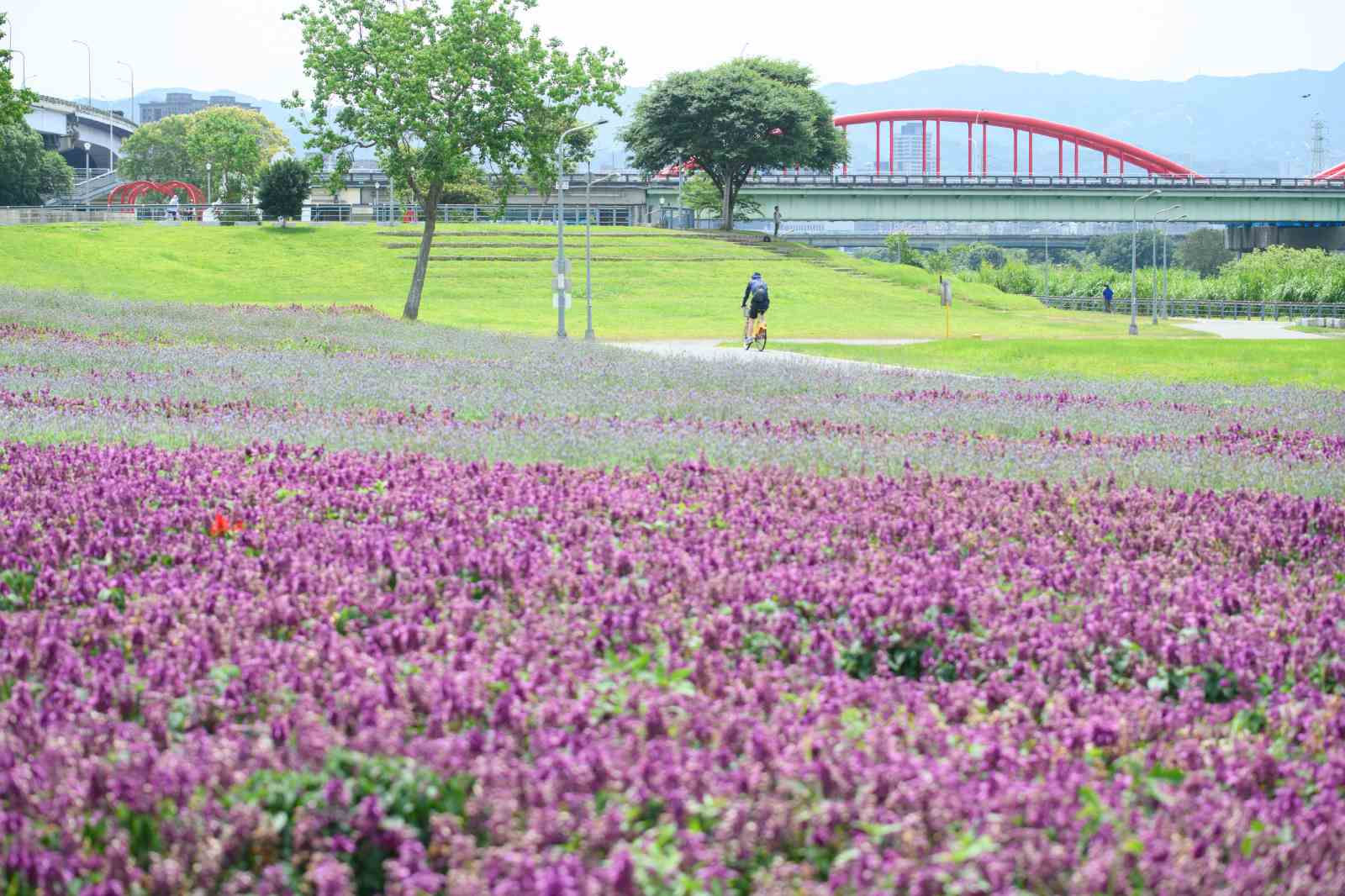 (Source: Pei-Yin Hsieh)
(Source: Pei-Yin Hsieh)
Rethinking globalization, GDP growth mindsets
In the 1980s, neo-liberal policies stressed deregulation, tax cuts, and economic liberalism, laying the foundation for the pre-eminence of globalization and the global division of labor as an economic model.
In 2008, the eruption of the global financial crisis proved that the globalization model could not deliver a better life for everyone and mainly widened the rich-poor divide. Mainstream thinking turned to how to provide a better life for all rather than how to improve the economic environment for corporations.
In 2021, faced with the dual disasters of COVID-19 and climate change, the world again finds itself at a critical juncture, searching for solutions that emphasize sustainability and well-being.
One response may be that proposed by World Economic Forum founder Klaus Schwab in his new book published in January 2021 titled “Stakeholder Capitalism,” in which he describes how a capitalist system can balance economic progress, quality of life and environmental sustainability.
The way to do this, he argues, is by dumping the entrenched “shareholder capitalism” model in favor of a “stakeholder capitalism” system that accounts not only for the interests of shareholders but also those of customers, suppliers, employees, communities and the environment.
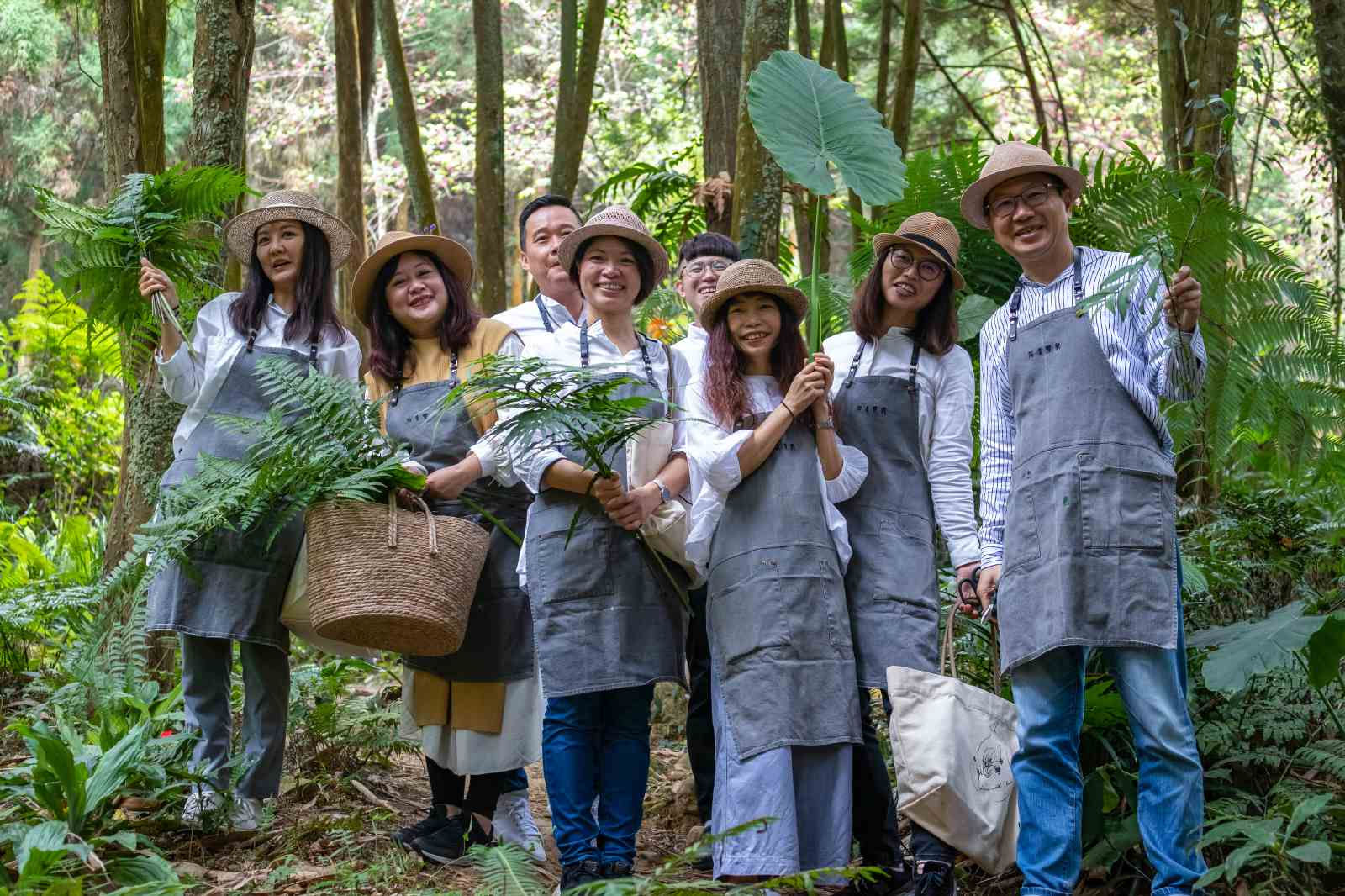 (Source: Ming-Tang Huang)
(Source: Ming-Tang Huang)
Time for Taiwan to act
Given these global trends, Taiwan will have no choice but to follow along. Failing to do so could lead to dire consequences, said Lin Jia-he (林佳和), a professor of law at National Chengchi University.
Since the beginning of the 21st century, Taiwan’s export-oriented economy has seen companies relocate overseas and low value-added industries disappear, with science parks the only prosperous manufacturing centers remaining. As a result, Lin said, much of the economy is now dominated by a service sector featuring low wages and long working hours.
Lin warned that if the spoils of economic growth are not evenly distributed, it could lead to a return to authoritarianism, as has happened in parts of Eastern Europe. Taiwanese aged 45 and over are starting to feel that “democracy has not brought many benefits and that the authoritarian era was pretty good,” he contended.
Avoiding such a worst-case scenario may require solutions that de-emphasize economic growth and gravitate toward a better life shared by all, especially as Taiwan could hit per capita GDP of US$30,000 this year, achieving a longstanding economic goal.
Taiwan must now balance material living standards with greater attention to quality of life issues to give the future generation greater peace of mind.
“To create a good life, we should forge a social democratic community,” said former Culture Minister Cheng Li-chiun (鄭麗君). Having society foot the bill for individual and family expenses “would allow every individual to have a [financial] cushion to pursue becoming the person they want to be. That’s a core proposition of a democratic society.”
In the search for solutions, CommonWealth Magazine interviewed 13 prominent figures from academia, the private sector, the government and NGOs to see how they felt about the future.
In many cases, they pointed to the use of old thinking and values to lead the way into a new era of rapid change as a major source of discontent. Here are 10 propositions that summarize their ideas for achieving greater sustainability and well-being.
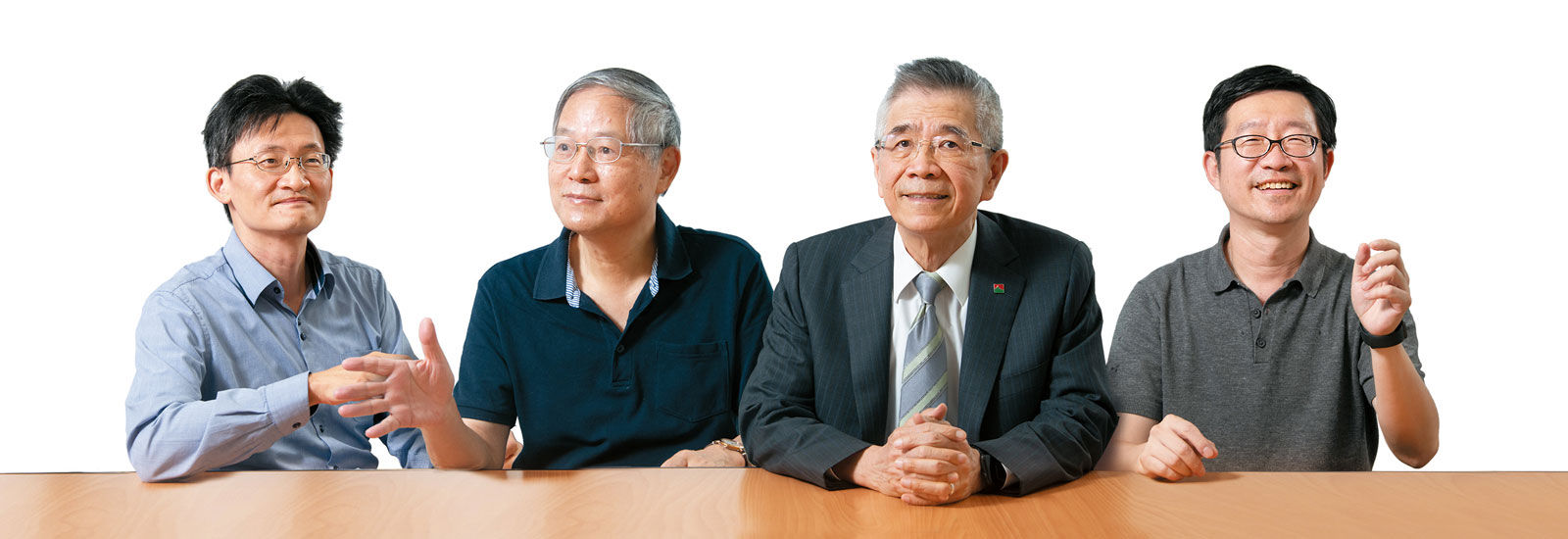
(Source: CommonWealth Magazine)
Proposition 1:
Change the ‘big on production, light on consumption’ mindset
In terms of material living standards, efforts should be made to both create and better distribute wealth to reverse the trends of wage stagnation and the widening rich-poor divide.
Over the past four decades, Taiwan's biggest wealth creating industry has been semiconductors, and those CommonWealth talked to felt it was time to allow the industry to leverage global opportunities to grow further.
“TSMC is no longer a Taiwanese company. It’s a global company and should use global talent and resources,” said Chen Tain-jy (陳添枝), the former head of the National Development Council and currently a professor emeritus at National Taiwan University.
“Instead, the government insists on maintaining control over it and having it create jobs and pay taxes locally because that’s what we think is best for Taiwan,” he said.
Another key is building a high-quality service sector that can forge more high-quality job opportunities. Government policy should not be aimed at suppressing consumer prices, and the “big on production, light on consumption” mindset that has prevailed needs to be changed. Also, low-quality services with heavy social and environmental costs should be eliminated.
Proposition 2:
Promote stakeholder capitalism, create an innovative welfare state
To address income inequality, Taiwan should devise a new system for distributing corporate profits and redesign its national welfare system.
Sinyi Realty founder Chou Chun-chi (周俊吉) said a new mechanism for distributing profits should be created so that employees get more of a share. “That wouldn’t just give more of an incentive to employees, companies would perform better over the long run and shareholders would ultimately benefit,” he said.
At a national level, “Taiwan could move toward an innovative welfare state,” suggested Lin Thung-hong (林宗弘), a research fellow with the Institute of Sociology at Academia Sinica. “You could take money earned through innovation by semiconductor makers like TSMC from the rest of the world to help beef up social welfare in Taiwan.”
Expanding these areas of innovation would have spillover effects by improving the well-being of businesses and communities around them.
Proposition 3:
Housing should not be an investment vehicle
Taiwan’s housing policy should no longer focus on the idea that everyone should own their own home. Several housing alternatives besides home ownership should be encouraged, including renting, social housing, co-living, or self-builds, so that every individual can find a quality living environment they can afford.
“We would like to see real estate reflect real demand for living and not be used as an investment vehicle,” Sinyi Realty’s Chou said.
Setting up a system that reduces incentives to treat property as an investment depends on changing the tax system and promoting greater transparency in transaction information.
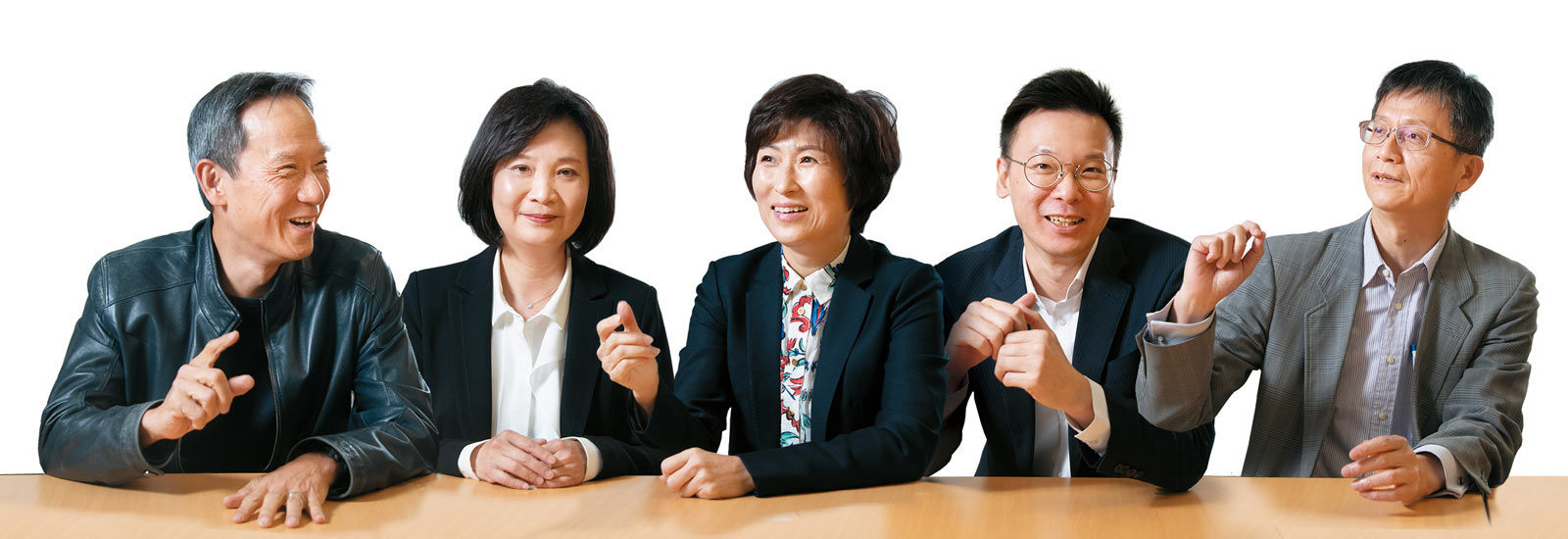 (Source: CommonWealth Magazine)
(Source: CommonWealth Magazine)
Proposition 4:
Promote eco-friendly practices, but help with the transition
Environmental quality is one of Taiwan’s major weaknesses.
In pushing initiatives to save energy and cut carbon emissions or that address the presence of illegal factories on land zoned for agriculture, Taiwan “should not leave behind those groups whose livelihoods would be challenged. It should help them transform their operations and propose directions for reforms,” said Lin Fei-fan (林飛帆), deputy secretary-general of the Democratic Progressive Party (DPP), which currently holds power.
Chan Shun-kuei (詹順貴), a former deputy chief of the Environmental Protection Administration under the current DPP administration and an environmental lawyer, agreed. But he also cautioned that in the process of cushioning the blows and delaying political decisions, the government still has to actively guide change.
“Right now, those factories on agricultural land only see a policy that tolerates their presence. Nothing is being done to guide their transformations,” Chan said with a tinge of disappointment.
Proposition 5:
To improve public safety, care for the disadvantaged
Chiu Tzu-chen (邱子珍), the head of the Taipei City Police Department’s Juvenile Affairs Division, said an analysis of police statistics confirmed that broken families are the root cause of many juvenile crimes and that problems faced by mothers are at the root of family problems.
“Only if women are safe will their children be safe and families be happy, and by addressing the root of the problem you have a chance to reduce the crime rate,” Chiu said.
Protecting women depends on a community safety network that can care for and quickly identify people with mental illnesses or drug addictions, or who may be predisposed toward domestic violence or sexual harassment, or who have displayed criminal behavior.
“Caring for the disadvantaged is not about compassion. It’s a way to protect every individual,” Chiu said.
Proposition 6:
Improve civic engagement, rebuild institutional trust
The OECD has compiled a Better Life Index since 2011 to give governments an alternative to GDP in measuring the quality of life in a particular economy.
One of the OECD’s main indicators for well-being is civic engagement. Having a system in place that gives people a political voice and encourages participation maximizes public trust in laws and systems and enhances the accountability and effectiveness of public policy.
Those interviewed felt Taiwan’s “Referendum Act” is too simplified and curtailed opportunities for rational dialogue. The act was aimed at allowing citizens to directly participate in major national decisions but instead has led to confrontation between the government and the people and among different groups in society, making it harder to govern, argued some of the experts, who felt the law should be amended.
“More conditions must be set to determine whether a question is suitable to be put up for referendum. After an initiative is approved, the government and the initiator must provide an analysis of the issue’s pros and cons so that citizens have plenty of room for dialogue,” environmental lawyer Chan said.
“Taiwan is facing complicated governance questions right now, and has become a democratic society where different values compete and converge,” the DPP’s Lin said. “We need a mechanism that allows citizens to participate in the discussion of issues for society to move forward.”
Proposition 7:
Free education from the grip of schools and academic credentials
Taiwan’s existing school structures and teaching models seem increasingly out of touch with society’s needs.
“In today’s world, diplomas and degrees are not synonymous with ability,” said Lee Ji-ren (李吉仁), professor emeritus of International Business at National Taiwan University and vice chairman of the Chengzhi Education Foundation.
He said Taiwan has to rethink how it sees education. On the one hand, education no longer has to take place on a campus, and schools do not have to look the way they currently do. Instead, Lee said, a variety of schools should be encouraged.
On the other hand, new school structures and teaching models should be designed with the skills students will need in the future in mind. Project-based models, for example, should receive more emphasis in high schools and universities if they hope to cater to an employment environment that will be “ability-oriented,” Lee said.
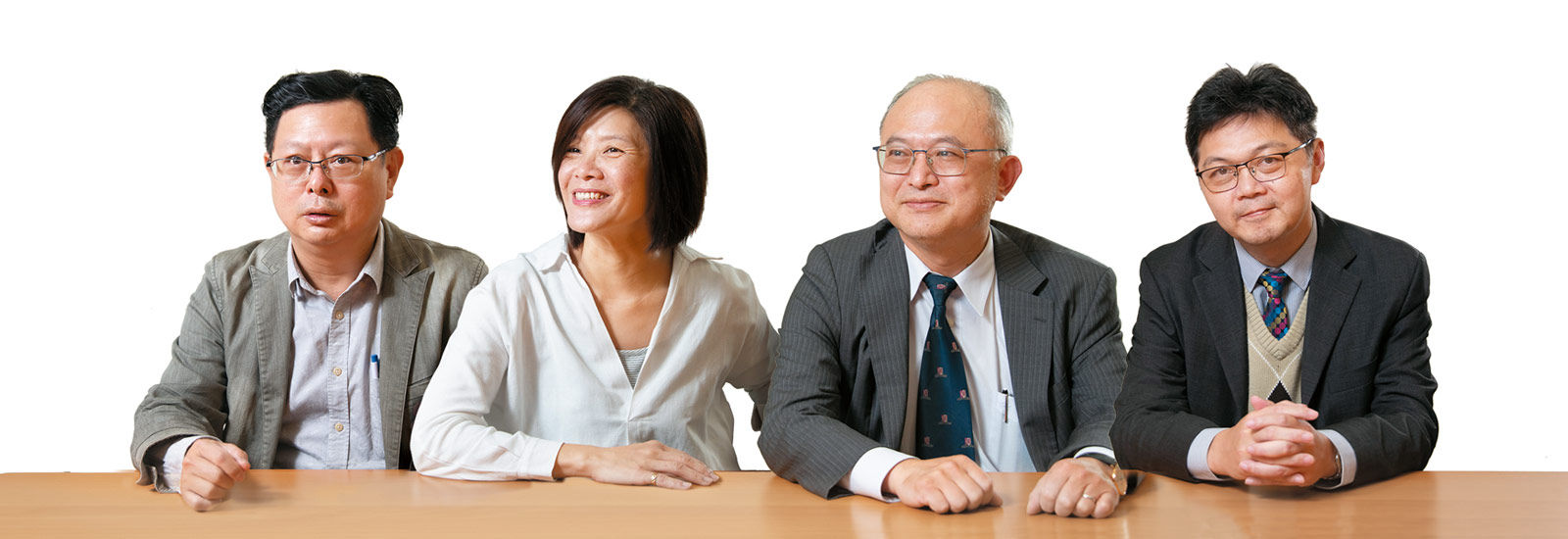 (Source: CommonWealth Magazine)
(Source: CommonWealth Magazine)
Proposition 8:
Rebuild social connections, identify with the land
In the age of urbanization, people are becoming more alienated from their families and hometowns. Lee Ying-ping (李應平), the head of the Lovely Taiwan Foundation, spoke of Taitung County where she grew up and its experience with placemaking – the concept of transforming places in ways that strengthen their connections with people and improve quality of life.
Lee said the process needs to start from scratch by building a sense of identity and pride among people for their land, community, and hometown.
Once that happens, connections between people will naturally grow closer. “Those connections are a fundamental need that we as people have, and are the foundation for turning the community around, changing the town, and promoting well-being,” Lee said.
Proposition 9:
Creating a healthy island, where good health is rewarded
In terms of health, the most important focus should be improving mental health and forging a healthy island where people live long lives.
Taiwan will soon become a super-aged society and new ways of thinking will be needed to bring about a healthier society.
National Taiwan University Hospital Superintendent Wu Ming-shiang (吳明賢) proposed an innovative way to reform national health insurance: it should reimburse hospitals not only for treatment provided but for keeping patients healthy.
The essence of national health insurance is providing coverage against illnesses, but the next stage of reform should include “health promotion” as a category of reimbursement. That would prevent doctors from prescribing unnecessary treatments to boost their revenue, according to Wu.
Ultimately, Wu said, “health and well-being are not the responsibility of the government or health insurance, nor is it the responsibility of doctors. It’s the responsibility of individuals.”
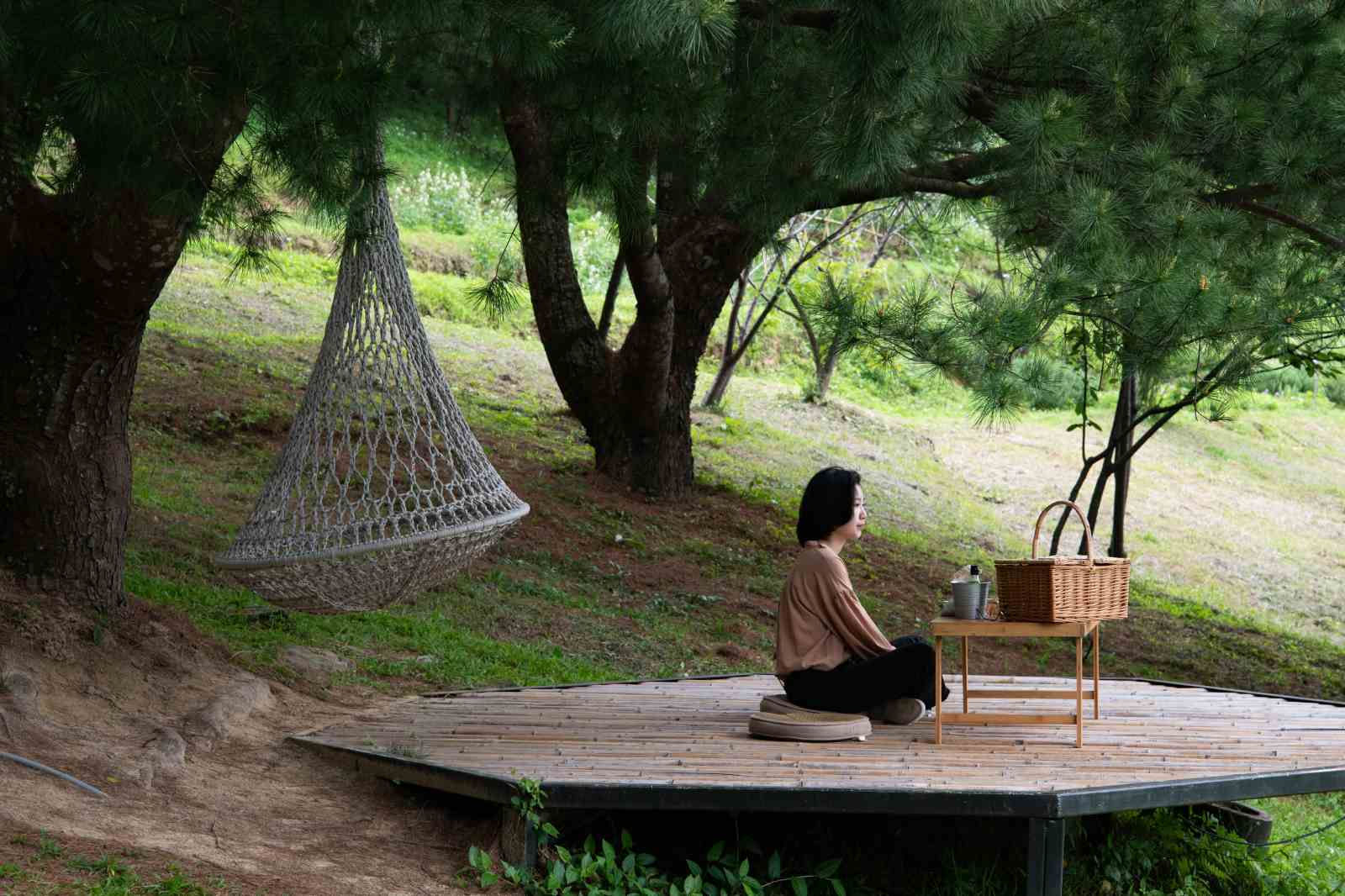 (Source: Ming-Tang Huang)
(Source: Ming-Tang Huang)
Proposition 10:
Systems, mindsets must change to reduce long work hours
Addressing the long hours of work put in by Taiwanese workers requires not only systemic reform but a sea change in traditional concepts of work.
Son Yu-liam (孫友聯), the secretary-general of the Taiwan Labor Front who has long pushed for changes in work standards, said long working hours are self-defeating because the longer people work, the less productive they are.
The Lovely Taiwan Foundation’s Lee agreed, arguing that Taiwanese society needed to dispense with the idea that long working hours represented greater effort. Otherwise, she said, the working environment will never improve.
Another key, Son argued, is solving Taiwan’s low-wage problem, which contributes to long working hours. Many people with low salaries tend to perform second jobs in the gig economy after they get off work to supplement their incomes, making it impossible for them to achieve a desirable work-life balance, he said.
Well-being: Being able to do what one desires
So how exactly should well-being be defined? One common answer is “living the life one wants to live.”
It seems simple, but there are key preconditions – that people are healthy physically, mentally and emotionally, have a stable job and source of income, and live in a healthy social and natural environment.
That vision lies at the heart of CommonWealth Magazine’s 40th anniversary edition, which hopes that through changes at the personal, family and community levels, in national systems, and in the ways companies operate, everybody can pursue their ideal form of well-being.
Have you read?
♦ Why Hong Kongers Are Moving to this Town in Central Taiwan
♦ A carbon neutral future: Can Taiwan get there?
♦ Rocketing housing price and zombie companies in Taiwan – blame the low interest rates
Translated by Luke Sabatier
Uploaded by Penny Chiang






